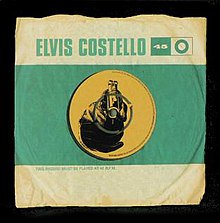A black day it was
when he took ship to see that cursed city...
Destroy, I call it -- I hate to say its name!
"To see" is an interesting euphemism for Odysseus' purposes in going to Troy.
It was on a bad day for him that Odysseus boarded/ his hollow ship for that evil, not-to-be-mentioned Ilion.
No verbal inventiveness. He adds "FOR HIM", to gloss κακῇ αἴσῃ: the real victim of the curse of the Trojan War was Odysseus.
When Odysseus left in his hollow ship
for Ilion, that curse of a city.
No wordplay, and the lack of it, to me, makes her sound a lot more irrational: as if she really thinks poor old Troy is to blame for its own invasion.
"Unkind
the fate that sent him young in the long ship
to see that misery at Ilion, unspeakable".
This Penelope again thinks her husband was a victim; adds "young" and makes fate the subject of the sentence. Poor city-sacking Odysseus.
"It was an evil day when Odysseus sailed off
to that city whose evil name I can't bear to mention".
A curse sailed on that ship
when he went off to see Evilium --
the town I will not name.
I coined a fake place-name. It's always fun for a translator to grapple with puns and wordplay.
Con mala sorte sopra la concava nave partí
Odisseo a veder Ilio esecrata, innominabile!
Also no wordplay, and he's going "a veder" Troy, as if he's a tourist. The double adjectives at the end of the second line seems suitably furious.
















